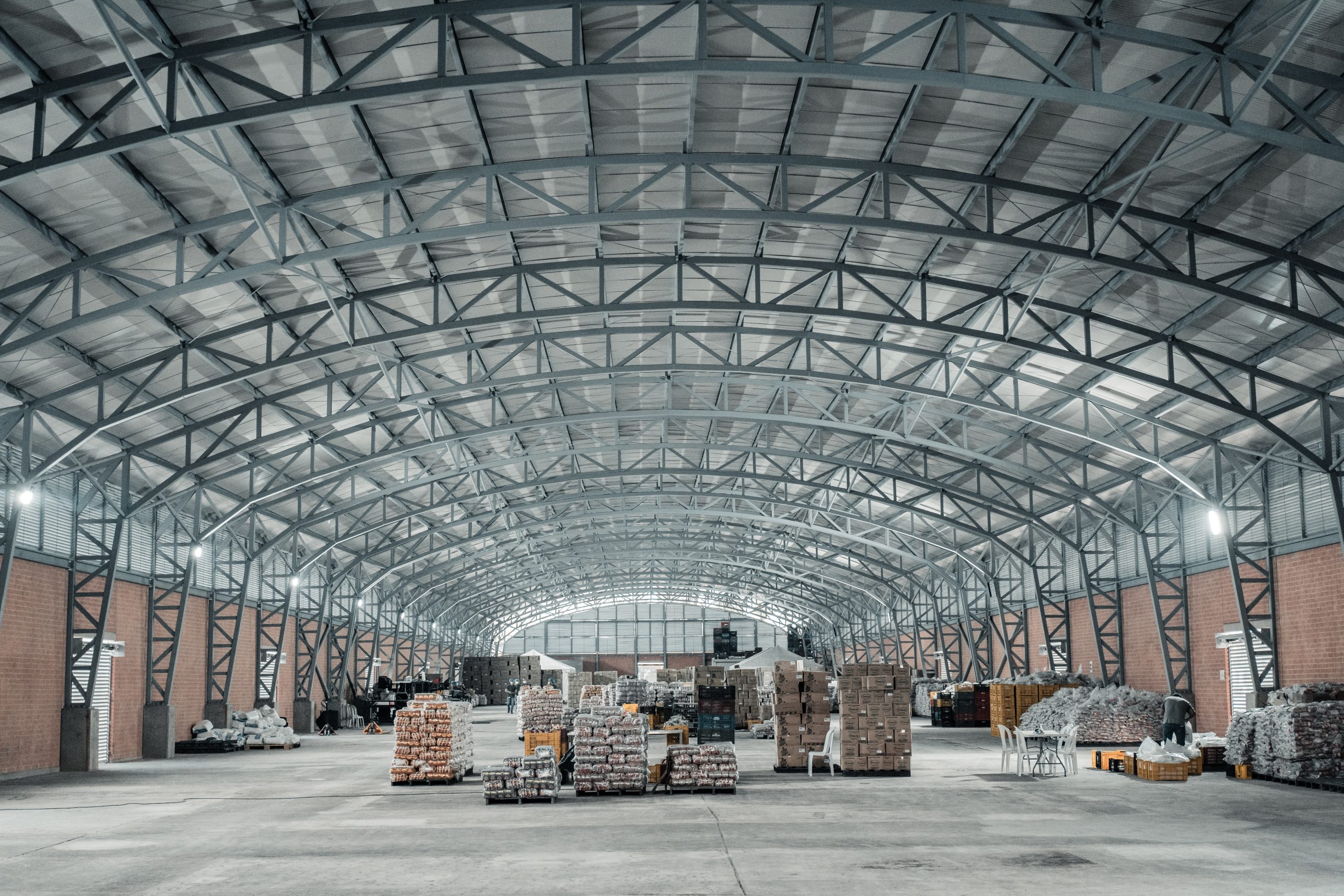There have been chronic shortages in the UK, severely affecting the supply chain. And the cause of that problem is argued to be Brexit. The government says that all these shortages and crises are the after-effects of the pandemic. But the industry bosses have something else to say in this regard. According to them, this cliff edge is caused by Brexit.
The Brexit’s Policy’s consequences are now noticeable in the United Kingdom. Due to the warehouse shortages, supply is being heavily affected, threatening the logistics sector and disrupting the already strained supply chain. The reason why Brexit is now affecting the logistics chain is evident. As the Covid crisis dissipates and normality is being restored, the actual results of this new commercial reality affecting trade between the United Kingdom and the European Union are now apparent.
· A look into the Warehousing Crisis caused by Brexit:
It is suspected that the United Kingdom can run out of space within a year after the increase in online shopping and supply chain disruption when the demand increased suddenly due to the pandemic.
There is a fall in the amount of available warehouse space. It now stands at the lowest level since it was first tracked in 2009. According to the Property expert Mr Cushman and Wakefield, The available warehouse space has fallen below 50 m square feet.
Mr Shane Brennan, The Chief Executive of the cold chain federation that represents the chilled and ambient food warehousing owners, says that it might have been the pandemic that caused the shortage problem. Still, Brexit is limiting their options for solutions.
Due to Brexit policies, the lead times are being extended. There is more paperwork than before, due to which the supply chain is being disrupted. Extra duty charges are being applied on the goods and some European delivery companies aren’t even delivering to the UK as their drivers get held up at the custom. All these problems are causing severe discrepancies in the supply chain due to which the warehouses stay packed up.
The director of corporate services at Jersey-based consultancy Hawksford, Sian Huish, says that during the Brexit negotiations, the stockpiling of goods and the pandemic has led some sectors in the industry to require space to hold more products for more extended periods. Although the demand is very high, the suppliers cannot meet this demand because of the restrictions.
The Pressure of Pandemic on the companies, which led them to increase their inventory to handle short term disruptions, was already an issue, but Brexit policies have increased the worries of the suppliers and retailers, making them reconsider their warehousing strategies.
The pressure on companies to increase inventory to handle short-term disruptions due to COVID-19 and Brexit’s policies are leading many to reconsider their warehousing strategies. Moving ahead, finance experts will face growing stress to balance customers’ expectations of delivery-on-demand with the cost of supplying it.
· Beware Brexit:
Another layer of pressure added to the warehousing market is the uncertainty around the United Kingdom’s exit from the European Union single market and the customs union. The Brexit-related delays will cause the companies to build up there to inventory to maintain their lead times. Not only that, but the financial professionals need to stay ready to balance the cost of storing more inventory with managing disruption as a result of this new regime.
· New model consideration for warehousing:
The associate professor at the University Of Bath School of management, Vaggelis Giannikas, has mentioned four ways in which different firms can tackle their warehousing issues.
The first is the increase of e-commerce and home delivery systems, which means that warehouses will be operated as fulfilment centres rather than storage spaces. It will also change the cost criteria as there would be different people, technology equipment, and staff required for each type of warehouse.
The second solution is that the companies can utilise the present area occupied by retail stores that are not doing a lot of business as temporary storage facilities to cover short-term needs or strengthen domestic shipping inside cities.
Thirdly, the companies can utilise warehousing services. Many outside services like Western Industrial Business Interiors can provide you with warehouses. This outsourcing to a third party can be beneficial as they may have the expertise and offer generous costs with higher flexibility.
And lastly, the companies can also consider shared warehousing space, mainly for manufacturers who store foods for their clients.
· Conclusion:
With the increase in online retail sales, businesses need to invest more in their physical warehouse’s space to store products. While it is good news for eCommerce retailers, it is causing trouble for the UK. And the more pressing pressure on the industrial space causing the UK warehouse crisis is Brexit. A scarcity of space leaves companies facing a worrying future, particularly as consumers call for ever more personalised and instantaneous shipping options.



 Bitcoin
Bitcoin  Ethereum
Ethereum  Tether
Tether  XRP
XRP  Solana
Solana  USDC
USDC  TRON
TRON  Lido Staked Ether
Lido Staked Ether  Cardano
Cardano  Avalanche
Avalanche  Toncoin
Toncoin